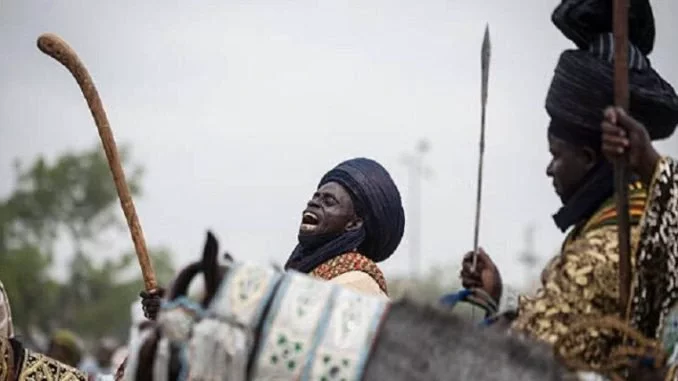
History of Kaduna State
Every Nigerian conversant with the states in Nigeria is aware that Kaduna is perceived as a centre for Hausa exploration and liberation, which has been in existence even before the independence of Nigeria. In other words, Hausas reside in the northern parts of the country, and Kaduna is the major powerline in the north.
Kaduna state is located in north-central Nigeria, and its territory encompasses Jemaa town and the conventional emirate of Zaria. When Katsina state was created in its northern half in 1987, Kaduna's size was significantly diminished.
Kaduna's borders are formed by Zamfara, Katsina, and Kano to the north; Bauchi and Plateau to the east; Nassawara to the south; and Niger to the west. Kaduna State is bordered to the southwest by Abuja (Federal Capital Territory) as well. The Kaduna River, a tributary of the Niger River, traverses the state's centre roughly from east to west. The majority of the state's native vegetation is made up of savanna woodlands.
As there used to be a lot of crocodiles in the Kaduna River, it is believed that the word Kaduna is a distortion of the Hausa word "Kada," which means crocodile, and "Kadduna," the plural form, which means crocodiles. A legend connected to the Gbagyi word/name "Odna" for the River Kaduna provides a different explanation for the name's etymology. The crocodile is a symbol on the state's coat of arms, and it appears on the majority of state-related emblems. The nickname "The Crocodiles" was used by the state football team Kaduna United F.C.
Although history has it that it has lost its human and material resources to conflicts and crises, Kaduna still exists because of its significant role during the colonial administration and the people's familiarity with the state to ensure sustainability.
In this piece, Torizone explores the history of Kaduna State, its territory, people, culture, and political structure.
History
When the then-Northern Region's capital was moved from Zungeru to Kaduna City in 1916, Lord Frederick Lugard and his colonial colleagues adopted the name Kaduna, which is telling. The colonial office was relocated to Kaduna City between 1912 and 1918-1920, with the first attempt to do so made in 1902 from Jebba to Zungeru.
The local population at the time was referred to as "Northern Nigerians," which at the beginning of British colonial control in northern Nigeria, is a term that is still used today. Thus, in 1967, these ethnic groups had once more been divided into "North Central States." This continued until 1975, when Gen. Murtala Mohammed, the then-military ruler, first established "Kaduna State," combining all the various identities into one state without a vote. As a result, the state succeeded the former Northern Region of Nigeria, whose capital is now Kaduna, home to around 6.3 million people (Nigerian census figure, 2006).
North-Central State, whose name was changed to Kaduna State in 1976, had Kaduna as its capital when the old Northern Region was split into six states in the north in 1967. In the meantime, Katsina State was created in 1987 via a further division of Kaduna State. The ancient cities of Zaria, Kafanchan, and Nok-the region where Africa's first civilisation is thought to have been discovered-are governed by Kaduna.
However, the most intriguing thing about Kaduna is how little the colonial construction and its post-colonial successor called "Nigeria" documented the history or the way the people groups included in Kaduna state's constructs define and identify themselves as such.
Thus, the people groups who inhabit the area have lived close to obscurity or oblivion as they are frequently mistaken for Hausa people. Kaduna State, one of the oldest in Nigeria, celebrated its 100th anniversary in 2019.
Meanwhile, in 1987, the state of Katsina was carved out of Kaduna by the military regime of General Ibrahim Babangida. It's interesting to note that Kaduna's region contains the Nok tribe, one of Africa's oldest civilizations. According to legend, Zazzau was established in 1536 and afterwards renamed in honour of the illustrious Queen Zaria, also known as Amina. History has it that the Hausa people of Zaria are the area's ancient ancestors.
However, from the colonial era to the present, Kaduna has retained a reputation as a state with a significant draw factor. For many years, Kaduna has been the home of several tribes from all over Nigeria. The state is still a centre for cosmopolitanism today.
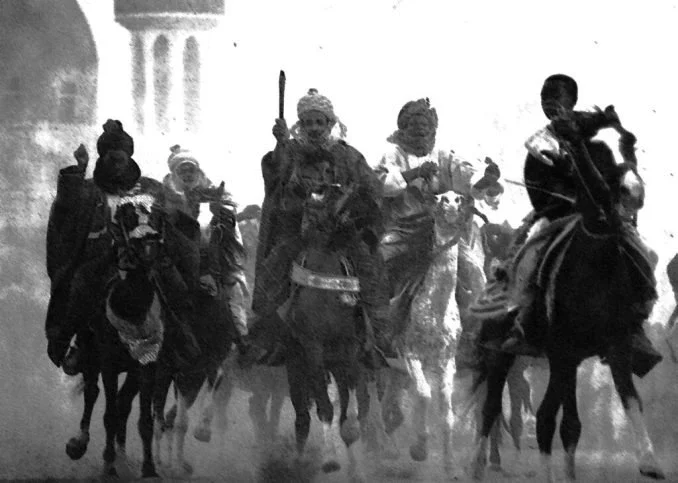
Territory
The state is situated in the high plains of northern Nigeria. Short, dispersed trees, shrubs, and grasses make up the Sudan Savannah type of vegetation cover. Most of the soil is loamy to sandy. Additionally, a sizable volume of clay was discovered. Moreover, the state is traversed by the Kaduna River, a branch of the Niger River. Rocks can be found in Kogoro Hill and Zaria. During the rainy season, many villages are vulnerable to seasonal flooding.
According to research, the state was placed third in terms of population and fourth overall in terms of land area. In addition, the state is the fourth largest and third most populous state in the country, nicknamed the "Centre of Learning," owing to the presence of numerous educational institutions of importance within the state, such as Ahmadu Bello University. Its capital city, Kaduna, is also ranked as the 8th largest city in the country as of 2006.
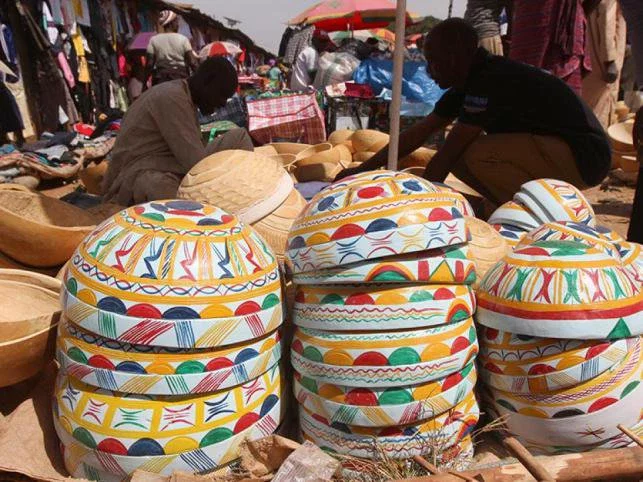
Economy
In Kaduna State, cotton and peanuts (groundnuts) are produced for export. Also, shea nuts, ginger, and peppers are additional income crops, along with vegetables cultivated in riverine floodplains, locally produced brown sugar made from sugarcane, onions, and soybeans. Around Zaria, where cigarettes are created, tobacco is a significant cash crop, while sorghum is used by a brewery in Kaduna town. Two common foods are millet and sorghum. Raised are sheep, guinea pigs, hens, cattle, and hides and skins are tanned for export.
Furthermore, Nigeria's largest textile manufacturing hub is located in Kaduna, the state capital, which also contains other important businesses, such as an oil refinery. Zaria is a different industrial hub that produces textiles, bicycles, printed materials, and processes tobacco and cotton seed.
Traditional crafts continue to be very important economically, particularly cotton weaving and dyeing (using indigo that is obtained locally), leather processing, raffia weaving, and pottery making (especially among the Gbari). Tantalum is also found there, and tin mining is still going on in Kafanchan on the western border of the Jos Plateau.
However, from 2002 to 2008, Kaduna State's economy was ranked the 15th largest in Nigeria, accounting for 3.3 per cent of the country's GDP. While in Kaduna, the agricultural sector made up about 30% of the GDP.
Culture and Religion
In the past, Hausa and Fulani slave raids from the north caused significant damage to most of the region, and numerous walled villages still exist close to Zaria. However, research reveals that Kaduna Stae has more than 50 other ethnic groups, including Abinu (dubbed Binawa), Ada (dubbed Kuturmi), Adara (dubbed Kadara), Agbiri (dubbed Gure), Akurmi (labelled Kurama by the Hausa), Anghan (dubbed Kamanton by the Hausa), Amo, Aniragu (dubbed Kahugu), Aruruma (named Ruruma by the Hausa), and Asholio (dubbed Moro'a), among others.
While the major language spoken in Kaduna State is Hausa, other languages such as Gbagyi, Ashe, Duya, Hyam, Bacama, Firan, Samb, etc., are languages spoken by the people, according to local government and region.
Nearly all of the Hausa and Fulani residents of the state are Muslims, although, in the south, there are roughly 30 additional ethnic groups living there that are not all Muslims, with the Gbari (Gwari) being the largest.
Islam and Christianity are the two predominant religions in Kaduna State. Minority ethnic groups occasionally engage in traditional religion, primarily in the state's south. The intense religiosity of the Kaduna population resulted in two religious crises, the Miss World Riots, in 2001 and 2002.
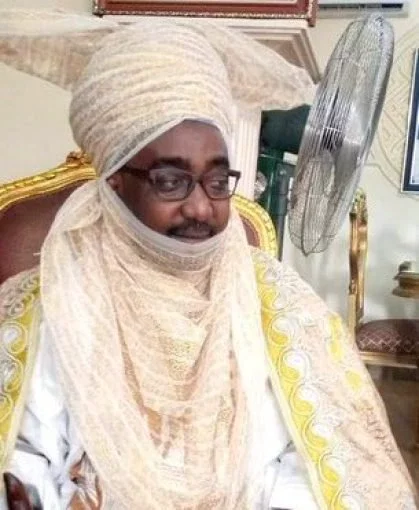
The creation of the Sudan Interior Mission (SIM) in the Ham town of Har Kwain (Kwoi) in the 1900s marked the official start of Christian missionary activity in the region; as a result, the majority of these people groups are Christians today. With certain exceptions, it must be admitted, that the ethnic groups of what is now Southern Kaduna share a lot of cultural traditions such as marriage rituals, naming and burial customs, farming, social organizations, kinship, etc.
Also in the Islamic religion in Kaduna State, Sultan Bello Mosque is the name of the main mosque in Kaduna city. The capital city of Kaduna is home to the major branches of Jama't Izalat al Bid'a Wa Iqamat as Sunna and Jamatu Nasril Islam. Sheikh Dahiru Usman, a well-known Tijaniyyah leader, is also present in Kaduna. Ibrahim Zakzaky, a Nigerian Islamic reformer, has his primary office in Zaria, Kaduna State.
Political Structure
Kaduna State's executive, Kaduna State House of Assembly, and Kaduna State Judiciary are constitutionally in charge of Kaduna State's current governor. Thus, Nasir Ahmad el-Rufai is the state's elected governor at the moment, and Hadiza Sabuwa Balarabe serves as his deputy.
Furthermore, there are 14 ministries in the state that work with the state administration to enhance the state: Kaduna State Ministries, The Kaduna State Environmental Protection Authority, which oversees waste, water, and other environmental quality issues, is one of many regulatory entities that fall under each ministry.
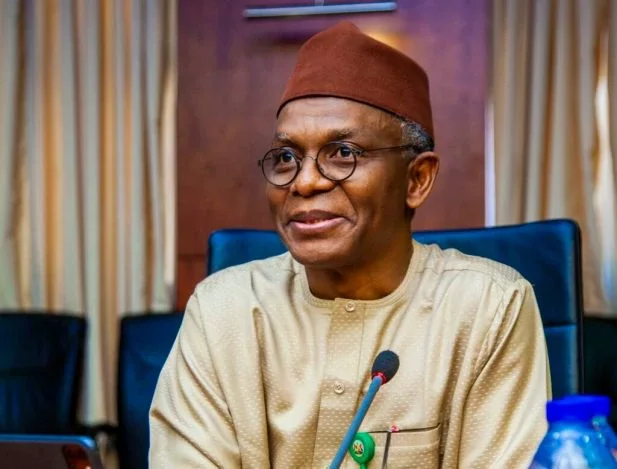
Meanwhile, the past governors of Kaduna State include Ahmed Makarfi (1999 - 2007), Namadi Sambo (2007 - 2010), Patrick Yakowa (2010 - 2012), and Ramalan Yero (2012 - 2015), and Nasiru Ahmed El-Rufai (2015- till date).
Kaduna State has 23 local governments, each with a chairman managing the affairs of the local government areas. Some of these local governments include Birnin Gwari, Chikun, Giwa, Igabi, Ikara, Jaba, Jema'a, Kachia, Kaduna North, and Kaduna South.
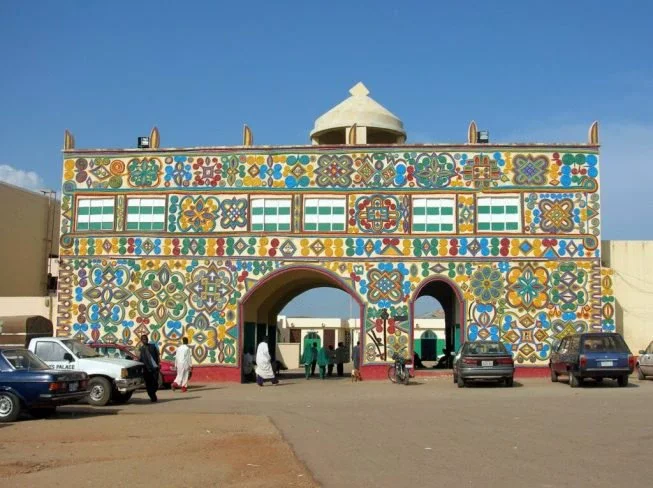
Modern-Day Kaduna State
The slogan "Centre for Learning" indicates that Kaduna State is one of the largest centres of education in Nigeria. Some of the higher institutions include Ahmadu Bello University, Zaria (established in 1962), Air Force Institute of Technology (Nigeria), Federal College of Education, Zaria, Greenfield University Kaduna, Kaduna Polytechnic (1968), Kaduna, and Kaduna State University, among others.
The National Museum was built in 1975 and houses archaeological and anthropological exhibits such as the Kajuru Castle, Lugard Hall, Zaria walls and gates, and Nok villages are examples of architecture. There are numerous architectural structures in the state, including the Sultan Bello Mosque, Kaduna Central Market, Investment House, and Ahmadu Bello Stadium. One of Kaduna state's oldest traditional buildings is the palace of the empire of Zazzau.
Furthermore, sports like football, golf, swimming, traditional wrestling, and handball are all performed in Kaduna State. Kaduna United F.C. is a football team that is managed by the Kaduna State government. The team played in the Nigerian Professional Football League, however, they have been demoted. The Kaduna Marathon is also held in the state.
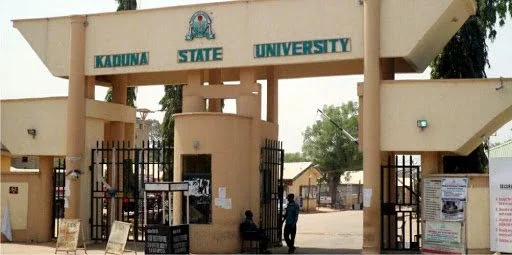
In Kaduna State, festivals such as Eid al-Fitr and Eid al-Adha, Christmas celebrations, Easter celebrations, Afan National Festival, and Kalankuwa Cultural Festival, among others, are still being celebrated to date.
Also, the major rail hubs in the state are Kaduna and Zaria, which are served by lines from Lagos and Port Harcourt (south), as well as lines that go to Kaura, Namoda, Jos, and Nguru (north and east). Both Kaduna and Zaria are served by the main highway system.

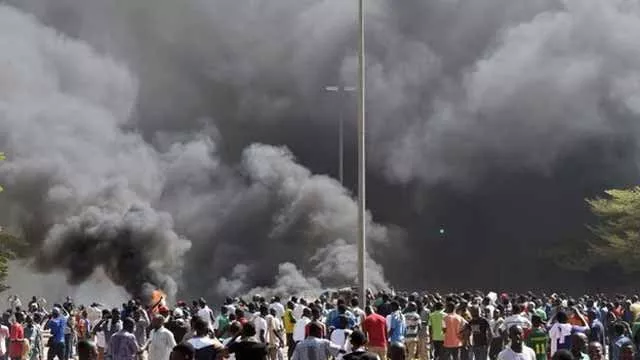

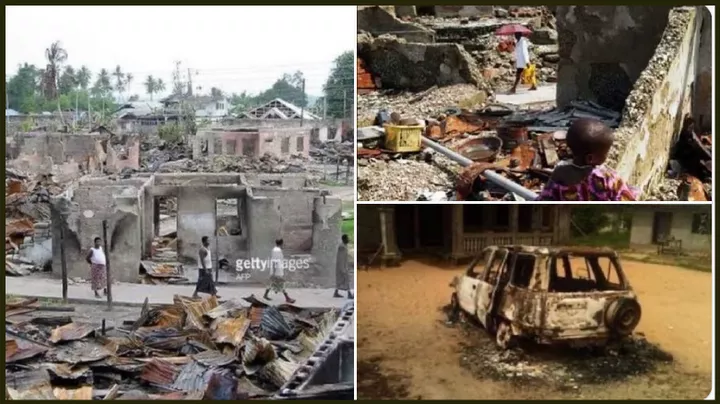

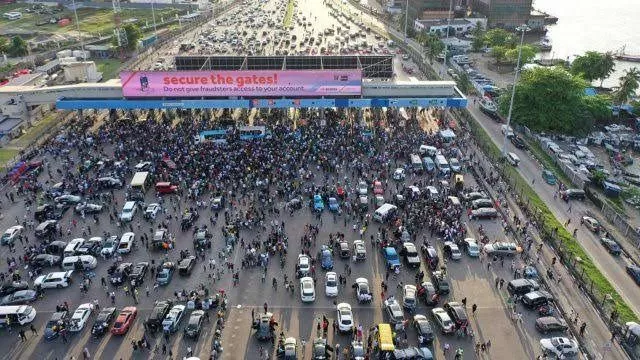


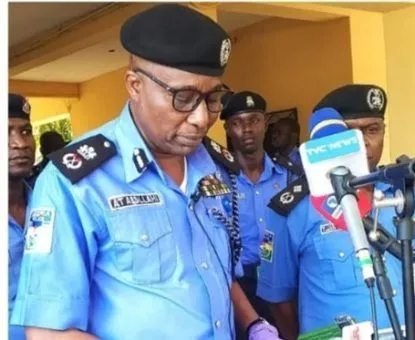







Comments